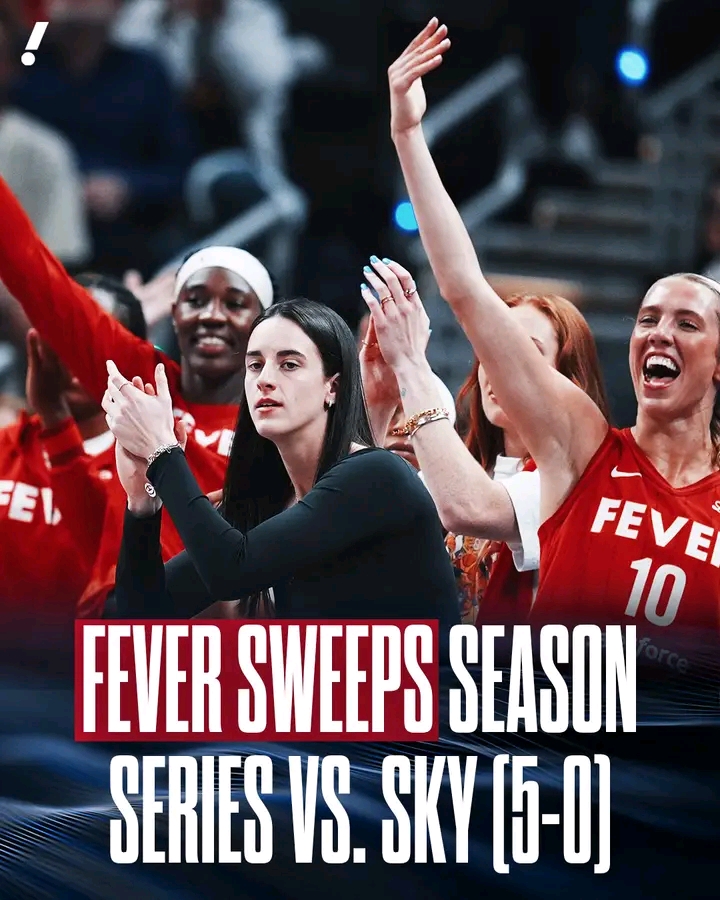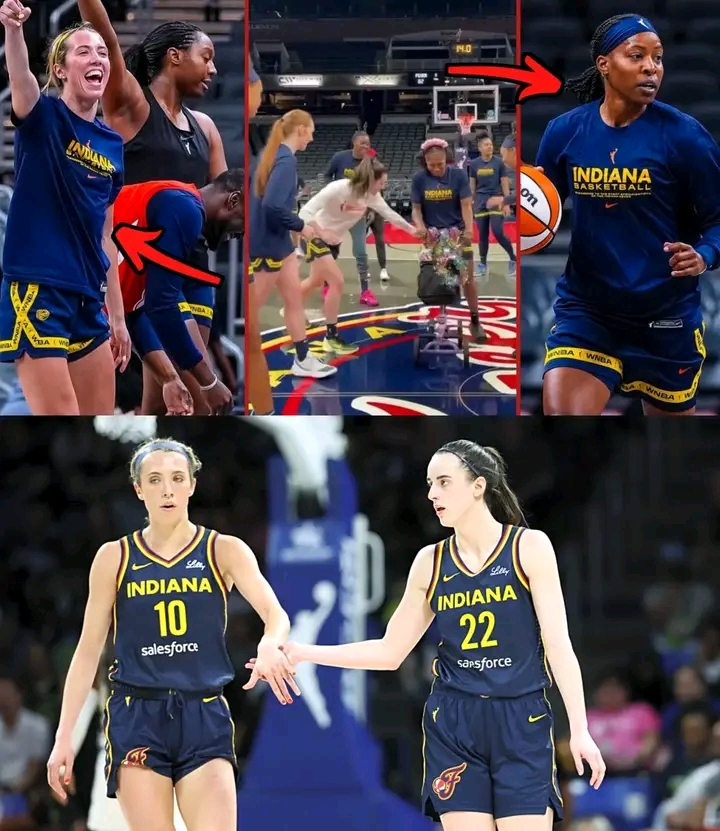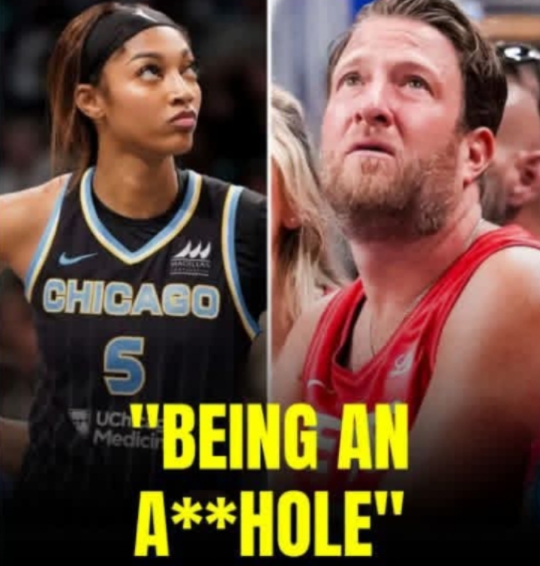
The entertainment world is abuzz with whispers of censorship and artistic compromise, swirling around Netflix’s recent Madonna documentary special. Reports are surfacing that raw, uncut interview footage, potentially containing candid and unfiltered revelations, has been excised from the final cut, sparking a heated debate about creative freedom and the influence of corporate interests on artistic expression. This alleged interference has ignited a firestorm of speculation and criticism, reigniting long-standing concerns about the boundaries between art and commerce in the age of streaming.
The Allegations: Missing Pieces of the Puzzle
The core of the controversy revolves around the reported removal of substantial amounts of unedited interview footage featuring Madonna, the iconic singer, actress, and businesswoman. While specific details remain shrouded in secrecy, sources claim the deleted material contained the singer at her most raw and unfiltered, delving into personal reflections, controversial opinions, and potentially revealing anecdotes about her career, relationships, and public persona.
The potential implications of this alleged censorship are significant. The unedited footage, according to reports, offered a more intimate and authentic portrayal of Madonna, unvarnished by the meticulous editing processes often employed to shape public narratives. Its removal suggests a deliberate attempt to control the image presented to the audience, possibly shielding Madonna from potential backlash or protecting her brand.
**Fueling the Fire: Past Precedents and Perceived Motives**
The current situation is particularly sensitive given Madonna’s history of pushing boundaries and challenging societal norms. She has consistently used her platform to address complex issues, provoke dialogue, and explore controversial themes in her music, performances, and public statements. This legacy of bold self-expression makes the reported censorship particularly jarring for many fans and critics.
The motives behind the alleged censorship are being hotly debated. Several theories have emerged, ranging from artistic disagreements to concerns about potential legal ramifications or brand image management. Some speculate that the deleted footage contained sensitive information that could have damaged Madonna’s reputation or caused legal trouble. Others believe that Netflix, prioritizing its corporate image and subscriber base, may have intervened to ensure the documentary maintained a more palatable and less confrontational tone.
The Impact on Artistic Integrity: A Crossroads for Documentary Filmmaking
The reported censorship raises critical questions about the role of streaming platforms in shaping artistic expression. As these platforms become increasingly dominant in the entertainment landscape, they wield immense power to influence content creation, distribution, and ultimately, what audiences are allowed to see.
The removal of unedited footage, if confirmed, sets a dangerous precedent. It suggests that the raw, unfiltered truth, the essence of authentic storytelling, can be sacrificed for the sake of corporate interests or perceived marketability. This raises concerns about the integrity of documentary filmmaking, which relies on presenting factual accounts and diverse perspectives, even if they are uncomfortable or challenging.
Furthermore, the incident could chill other artists and filmmakers, making them hesitant to explore sensitive topics or present unflattering portrayals of themselves or others. The fear of censorship and creative interference could lead to a homogenization of content, where artistic risk-taking is discouraged, and narratives are carefully curated to avoid controversy.
**The Audience’s Role: Demanding Transparency and Authenticity**
In the face of these allegations, the audience plays a crucial role in demanding transparency and accountability. By expressing concerns, scrutinizing the final product, and engaging in critical dialogue, viewers can hold both Madonna and Netflix accountable for their decisions.
* **Calling for Transparency:** Advocating for the release of the unedited footage, or at least a detailed explanation of the rationale behind its removal, would allow the public to assess the situation and make informed judgments.
* **Evaluating the Final Product:** Carefully analyzing the documentary special for subtle signs of censorship, such as omissions, edited narratives, and a lack of depth, can help viewers determine the extent of the alleged interference.
* **Supporting Independent Filmmakers:** Encouraging the production and distribution of independent documentaries that prioritize artistic integrity and factual accuracy can provide alternative narratives and challenge the dominance of corporate-controlled content.
* **Engaging in Critical Discourse:** Participating in online forums, social media discussions, and critical reviews to share thoughts, exchange perspectives, and raise awareness about the issues at stake.
Looking Ahead: Navigating the Complex Landscape of Streaming and Censorship
The controversy surrounding Netflix’s Madonna documentary special serves as a crucial wake-up call. It highlights the ongoing tension between artistic vision and corporate control in the age of streaming. Moving forward, the industry needs to grapple with this tension and establish clear ethical guidelines to protect creative freedom and ensure the integrity of documentary filmmaking.
Ultimately, the future of artistic expression on streaming platforms depends on a collective effort. Artists, filmmakers, and audiences must work together to advocate for transparency, promote authenticity, and resist any attempts to stifle dissenting voices or manipulate the narrative. Only then can we hope to preserve the vital role of art as a catalyst for critical thinking, social commentary, and genuine human connection. The Madonna incident, whether substantiated or not, provides a crucial opportunity to re-evaluate the landscape and champion the values of unfettered storytelling and unwavering artistic integrity.





